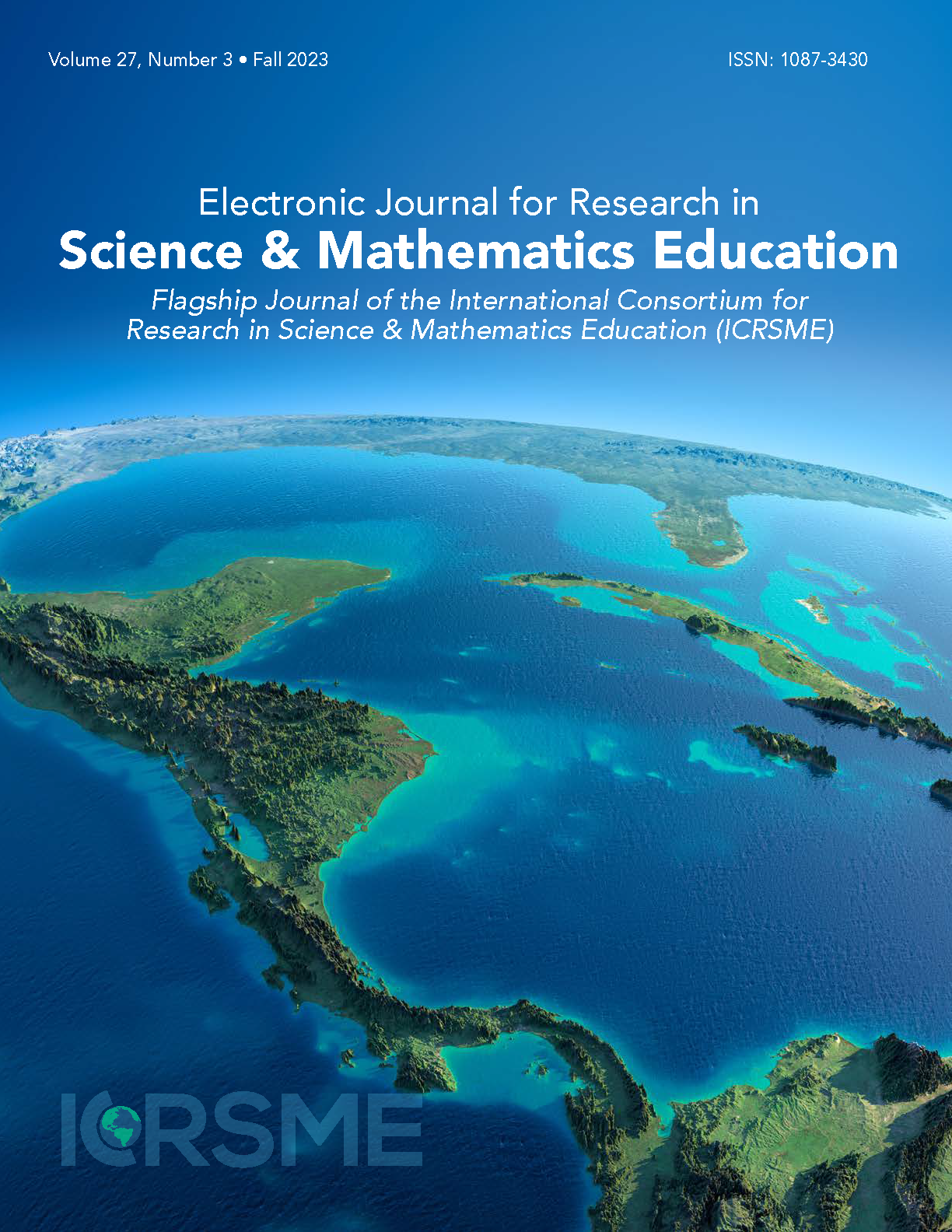Stakeholders’ Conceptions of STEM and Elementary STEM Clubs Within a Community-University Partnership
Main Article Content
Abstract
Informal community-based STEM clubs provide rich informal learning environments that help elementary-aged students develop STEM knowledge and skills while fostering their initial and continued interests in STEM. This phenomenographical case study sought to interpret stakeholders’ (five university personnel, two club facilitators, one teacher, one parent, and three elementary students) conceptions of STEM and STEM clubs involved in a community-university partnership in an afterschool elementary STEM club at a community center. Phenomenographic analyses produced three hierarchical categories in stakeholders’ conceptions of STEM: an indifference towards STEM, viewing STEM as a holistic discipline, and STEM as applicable and useful in life. Among stakeholders’ conceptions of STEM clubs, four hierarchical categories described clubs as a non-STEM related space, a means to promote STEM, provide STEM learning, and an additional site (apart from school) to produce STEM knowledge, skills, and enjoyment. Findings suggest that community and university stakeholders held varying conceptions of the purpose of STEM, with the strongest disagreement in how informal STEM clubs should be structured. Stakeholders nonetheless agreed that STEM clubs were vital resources to promote STEM and enhance STEM-related life and soft skills.
Article Details
© 2025 Electronic Journal for Research in Science & Mathematics Education (EJRSME)
